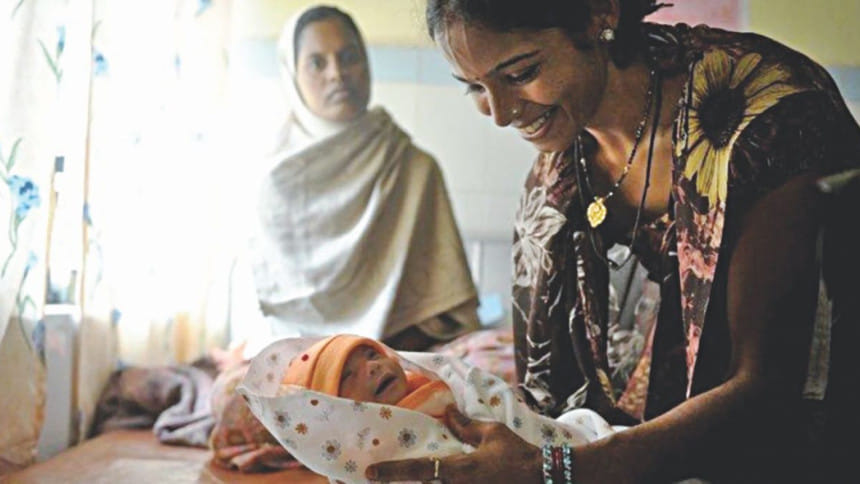Key to positive childbirth experience

The World Health Organisation (WHO) has issued new recommendations to establish global care standards for healthy pregnant women and reduce unnecessary medical interventions.
Worldwide, an estimated 140 million births take place every year. Most of these occur without complications for women and their babies. Yet, over the past 20 years, practitioners have increased the use of interventions that were previously only used to avoid risks or treat complications, such as oxytocin infusion to speed up labour or caesarean sections.
The new WHO guideline includes 56 evidence-based recommendations on what care is needed throughout labour and immediately after for the woman and her baby. These include having a companion of choice during labour and childbirth; ensuring respectful care and good communication between women and health providers; maintaining privacy and confidentiality; and allowing women to make decisions about their pain management, labour and birth positions and natural urge to push, among others.
The new WHO guideline recognises that every labour and childbirth is unique and that the duration of the active first stage of labour varies from one woman to another. In a first labour, it usually does not extend beyond 12 hours. In subsequent labours it usually does not extend beyond 10 hours.
Unnecessary labour interventions are widespread in low-, middle- and high-income settings, often putting a strain on already scarce resources in some countries, and further widening of the equity gap.
As more women give birth in health facilities with skilled health professionals and timely referrals, they deserve better quality of care. About 830 women die from pregnancy- or childbirth-related complications around the world every day – the majority could be prevented with high-quality care in pregnancy and during childbirth.
Disrespectful and non-dignified care is prevalent in many health facilities, violating human rights and preventing women from accessing care services during childbirth. In many parts of the world, the health provider controls the birthing process, which further exposes healthy pregnant women to unnecessary medical interventions that interfere with the natural childbirth process.
Achieving the best possible physical, emotional, and psychological outcomes for the woman and her baby requires a model of care in which health systems empower all women to access care that focuses on the mother and child.
Health professionals should advise healthy pregnant women that the duration of labour varies greatly from one woman to another. While most women want a natural labour and birth, they also acknowledge that birth can be an unpredictable and risky event and that close monitoring and sometimes medical interventions may be necessary. Even when interventions are needed or wanted, women usually wish to retain a sense of personal achievement and control by being involved in decision making, and by rooming in with their baby after childbirth.
Source: World Health Organisation

 For all latest news, follow The Daily Star's Google News channel.
For all latest news, follow The Daily Star's Google News channel. 








Comments